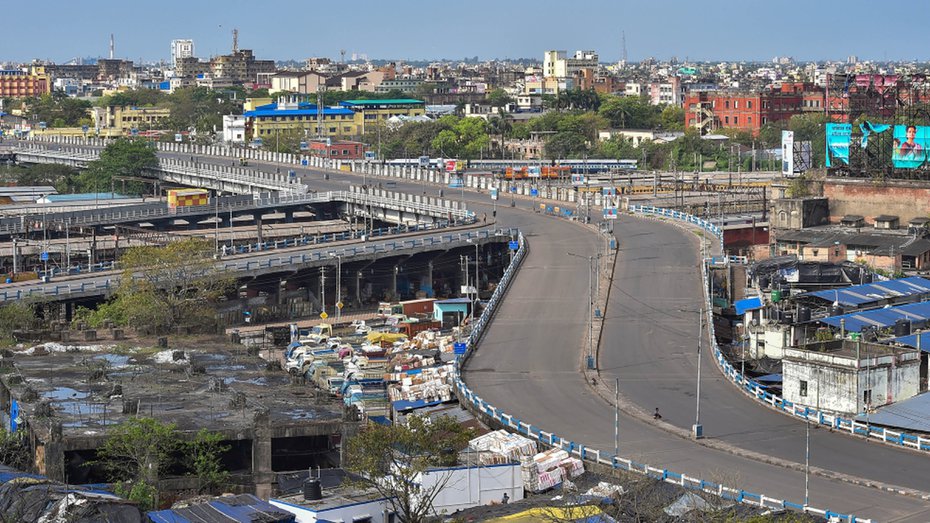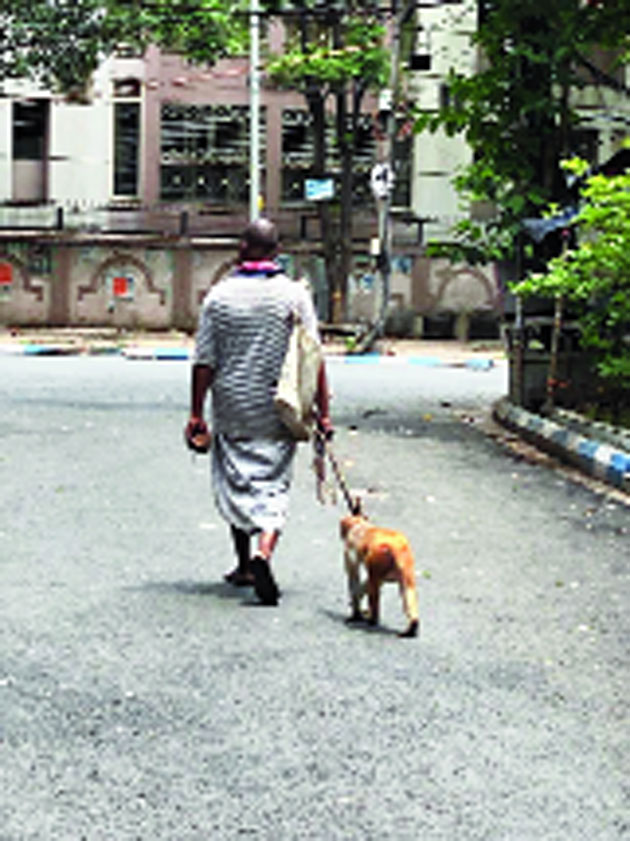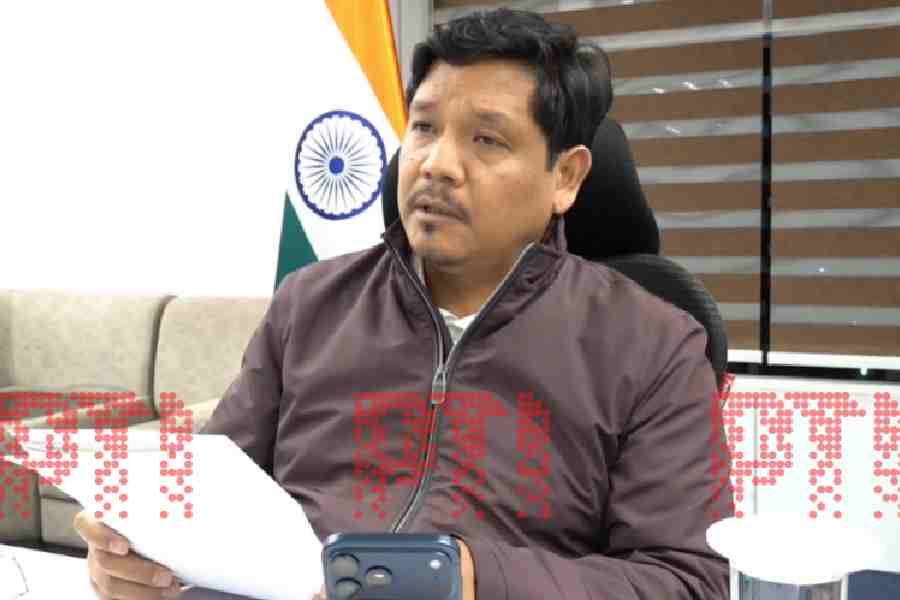Suddenly the huge, surging, disorderly crowds — without which Indian cities are unimaginable — seemed to have evaporated from the streets and pavements of central Calcutta where I live. So had the unending streams of vehicles that choke the streets from early morning till late night. Chaos had turned into quietude. But the silence was ominous. It did not bring peace of mind. The silence ushered in dark thoughts that threatened to overwhelm one’s mind. The rancid smell of smoke emanating from the chulas being lit in the pavement eateries did not tickle my nostrils early in the morning. It’s time for azaan — occasionally tuneful, mostly not — and the smoke signal is as good a time keeper as any watch. The muezzin did call but there was no smoke this morning. I looked out of my window. Not a soul in sight. The street was empty. It was 8 am already, but besides the pack of street dogs having the run of the roads, no other sign of life.
This was the morning after the prime minister announced the lockdown in his 8 pm speech on March 24, and as if by some sinister design, India’s teeming life was snuffed out instantly.
Afternoon rolled into evening. The streetlamp spotlighted the lush emerald leaves of the tall neem tree engulfed in darkness. Nothing unusual, except that without a soul in sight, the pools of baleful light looked eerie. In the daylight, the same neem tree was a breaker of green that swelled and billowed in the breeze. Nature seemed to flourish and fructify as more and more humans fell ill. It was still uncharacteristically cool and the sun set in a blaze of colours. The kadamba tree was decked out in thousands of wispy green flames that turned into leaves overnight. For a change, without air pollution the leaves looked fresh. Squirrels scampered up and down the tree trunk. Birds chirped. We humans tend to anthropomorphize nature, but nature goes its way, indifferent to and unaware of the human predicament.
Confined within the walls of our homes we seemed to lose count of time as days passed into weeks, and then an entire month unfolded imperceptively. How the rigidity and rhythm of our daily routine lost all meaning! It seems like yesterday when every morning around eight, Yasmin would travel all the way from Garifa near Bandel, and ring the door bell announcing the start of another busy day. I would go out for my long walks around 1 pm, umbrella unfurled above my head, sauntering all the way through Bowbajar to Laldighi and Dharamtalla, fascinated by the kaleidoscopic life of our city streets.
But now that we think twice before crossing the threshold, I wonder if I will ever be able to walk around the way I used to, taking the dented pavements, the lawless traffic and the crowds in my stride.
Yasmin had stopped coming a couple of days before lockdown was announced. There were no local train services. Now when I look down from my perch, the kitchen is still dark well after 8 am. Why bother to get up when there is no urgency to go to the market, meet the lawyer or the doctor, or just watch my neighbour’s intrepid little son doing a balancing act on his bicycle? The only thing that matters now is the arrival of the cycle van selling fruits and vegetables twice a day. So lunch lingers till tea time, and dinner stretches till midnight.
With so much time in hand, even reading becomes irrelevant. Inside our mind, nights, days, seconds, hours and minutes are flattened out with nothing to distinguish them from one another. The word, future, has lost its meaning. Only the continuous flow of feed on my mobile seems to make some sense.











